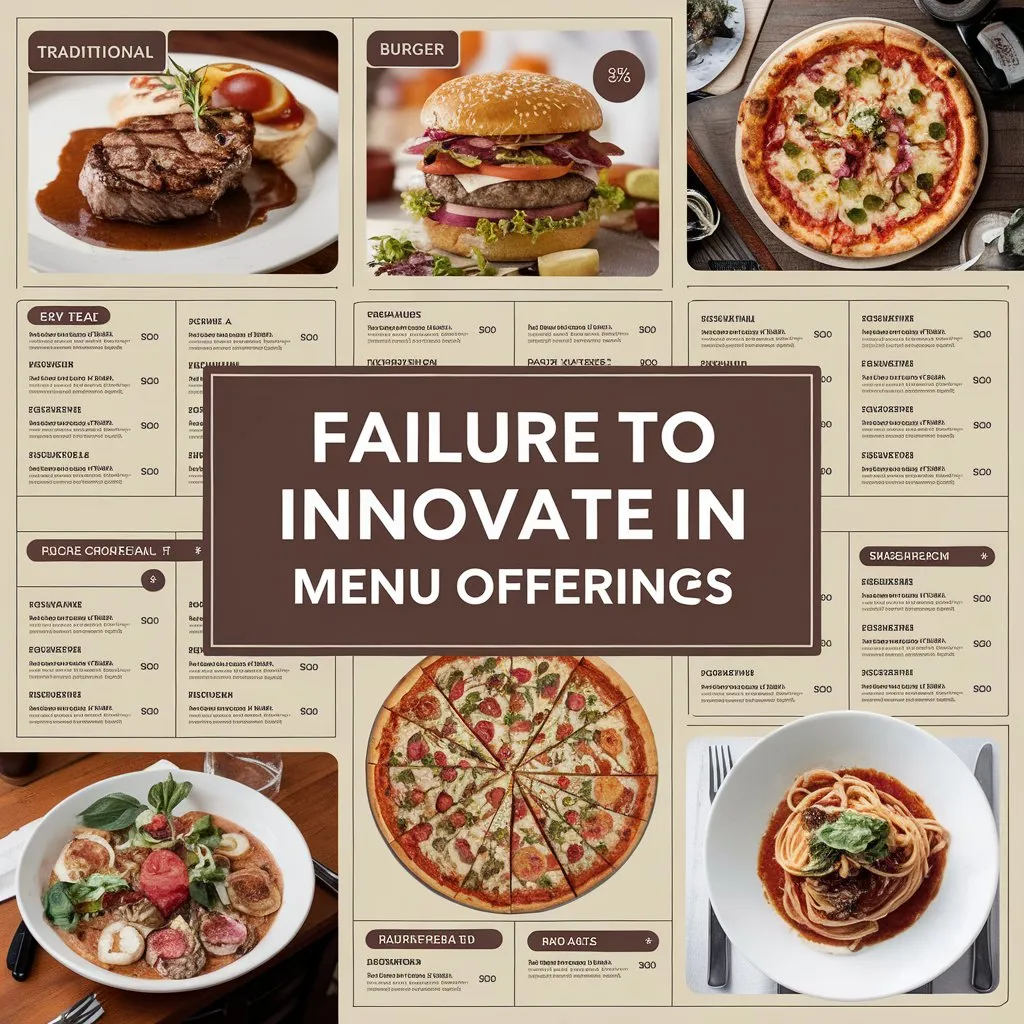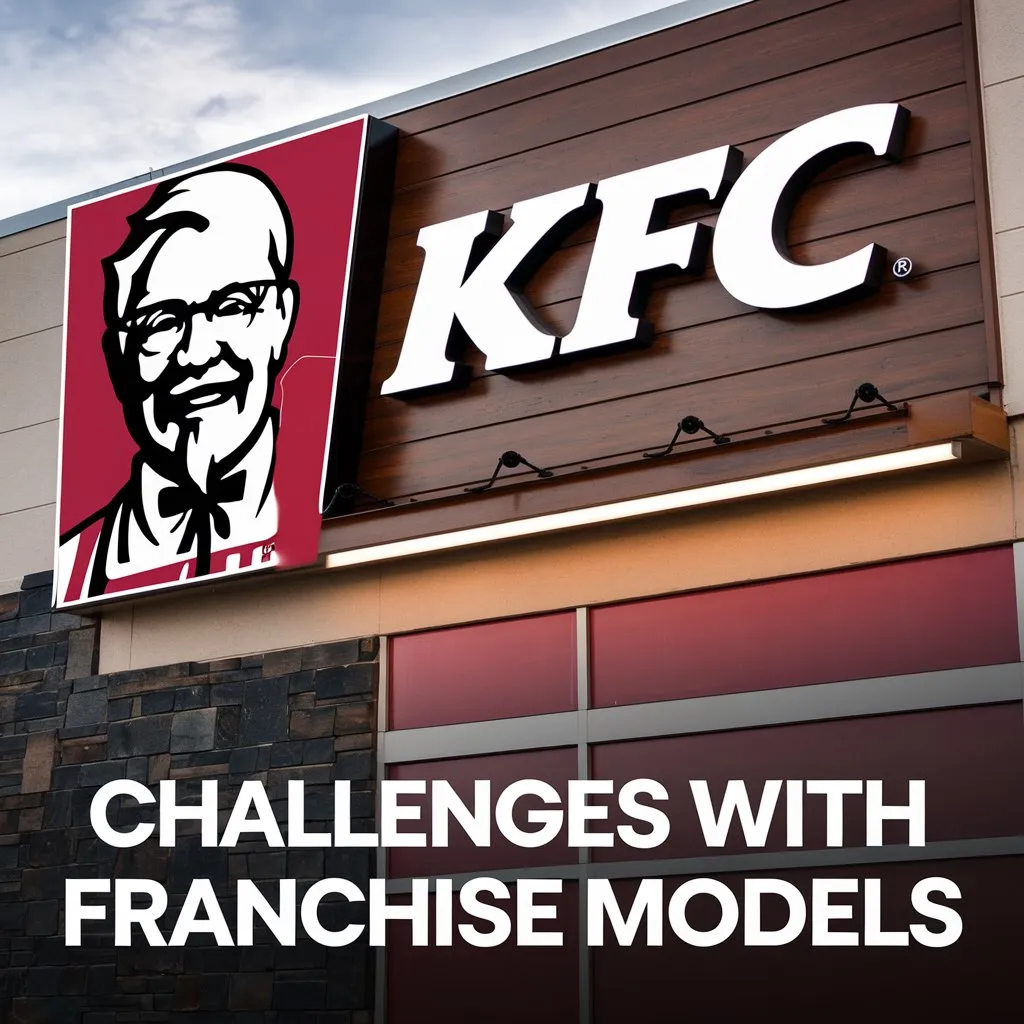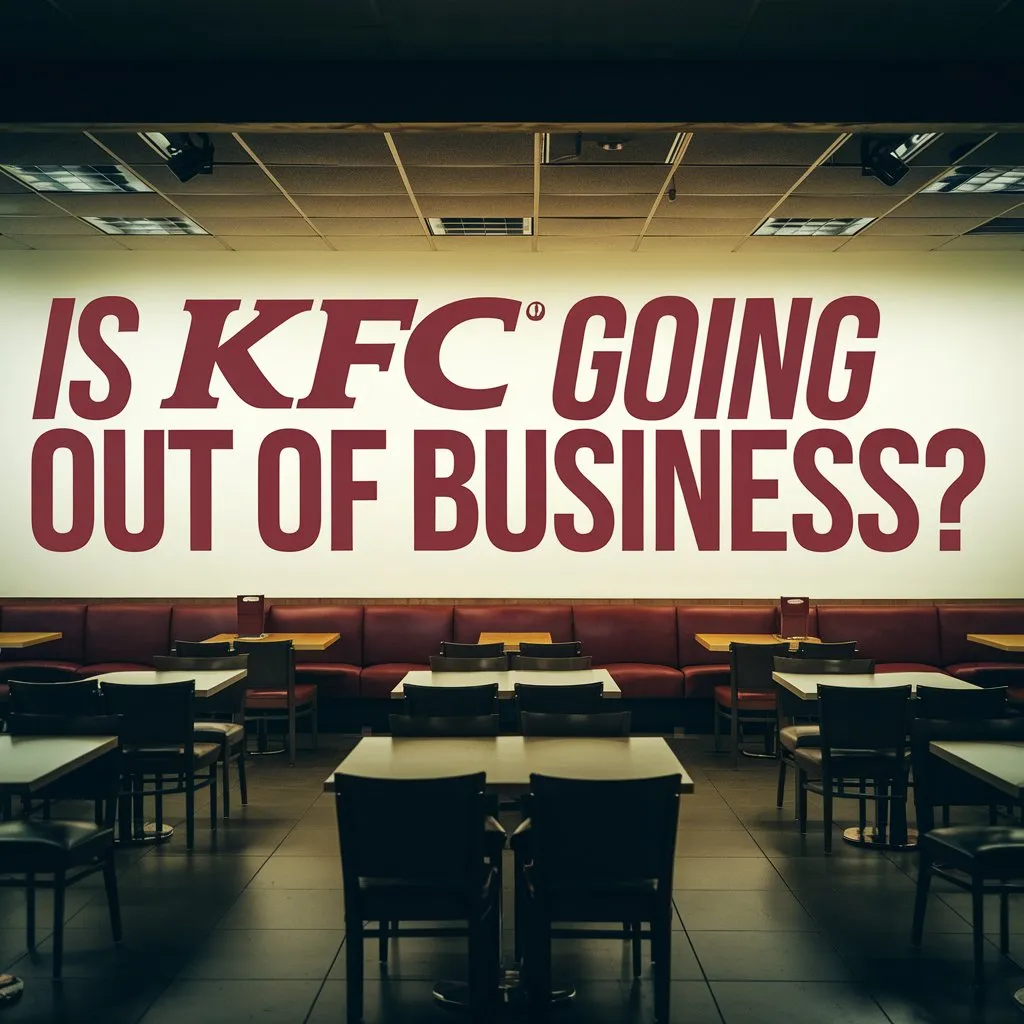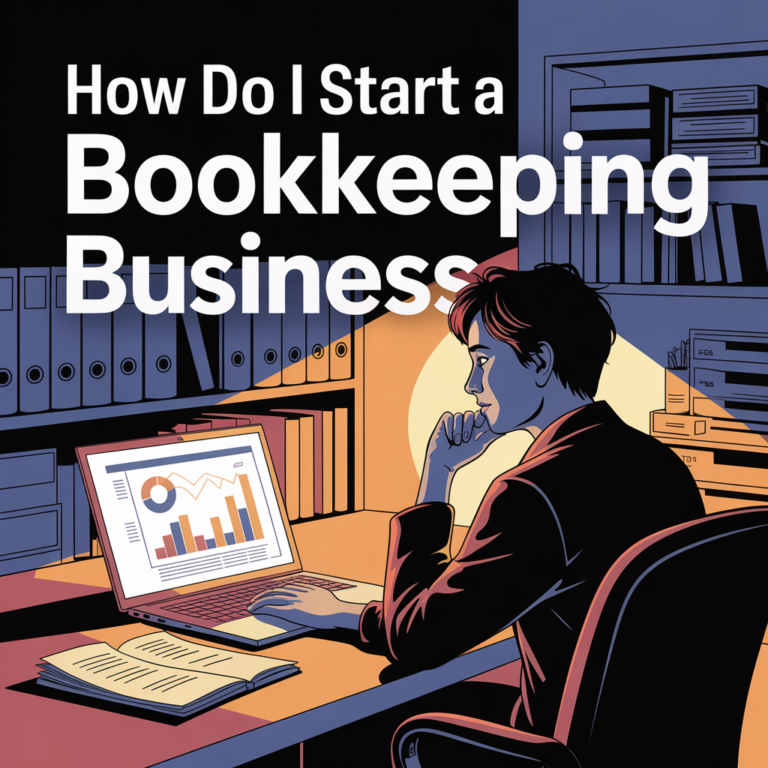KFC, once the undisputed king of fried chicken, has built a global empire with its iconic secret recipe and recognizable brand. However, in recent years, industry experts and consumers alike have started to question: Is KFC going out of business? Once a fast-food staple, KFC is now facing significant challenges that could threaten its long-term survival. From shifting consumer preferences and stiff competition to declining sales in key markets, the company is struggling to maintain its dominance. Negative publicity, labor shortages, and a lack of menu innovation are further compounding the brand’s troubles. With fast-food giants like Popeyes and Chick-fil-A gaining ground, KFC is at a critical crossroads. While it is far from disappearing overnight, the warning signs are becoming harder to ignore. In this article, we’ll explore 10 alarming signs that suggest KFC’s reign could be nearing its end.
1. Changing Consumer Preferences Towards Healthier Options
One of the most significant red flags for KFC’s future is the growing shift in consumer preferences towards healthier food choices. The fast-food industry has long been associated with high-calorie, high-fat meals, and KFC’s fried chicken is no exception. In recent years, more people have become health-conscious, seeking out plant-based diets, organic ingredients, and low-fat alternatives. Fast-food chains that have embraced this trend, offering healthier options, have seen growth. Meanwhile, KFC’s menu has remained largely centered around fried, calorie-dense foods, leading many to question whether the brand is keeping pace with evolving dietary preferences.
Consumers are now looking for grilled, baked, or even vegan alternatives to satisfy their cravings. While KFC has experimented with items like grilled chicken and plant-based options, these attempts have been limited in scope and have not been as successful in winning over the health-conscious crowd. As more people continue to prioritize health, is KFC going out of business simply because it’s failing to adapt?
2. Stiff Competition in the Fast-Food Industry
The fast-food landscape has become more competitive than ever. Major players like McDonald’s, Burger King, and Subway are constantly innovating, offering new menu items and promotions to attract customers. Additionally, niche fast-casual chains like Chick-fil-A, Popeyes, and Wingstop are capturing the fried chicken market. In particular, Popeyes has gained considerable attention with its viral chicken sandwich, which has directly challenged KFC’s dominance.
In the face of such stiff competition, KFC’s market share has been gradually shrinking. While competitors have ramped up their marketing strategies and product offerings, KFC has struggled to stand out. This leads many to wonder if the brand is being outpaced by its rivals. The question is KFC going out of business gains relevance when considering the company’s inability to stay ahead of its competition.
3. Declining Sales in Key Markets
Sales figures tell an important part of the story for any business, and KFC has seen a worrying decline in several key markets. The United States, which was once KFC’s strongest market, has witnessed a noticeable drop in sales over the past few years. Despite the brand’s global reach, it struggles to maintain the same level of success in its home country.
Even in international markets, where KFC has typically performed well, growth has slowed down. Markets in Europe and Asia have shown signs of stagnation, as local competitors gain traction and consumers look for alternatives. Declining sales in critical regions pose a serious threat to the brand’s overall sustainability, leading many to speculate, is KFC going out of business due to its waning relevance?
4. Controversies and Negative Publicity
Negative publicity can be detrimental to any brand, and KFC has not been immune to scandals. From food safety concerns to accusations of unethical sourcing practices, the brand has faced its fair share of controversies. In particular, some incidents, such as undercooked food being served or unsanitary restaurant conditions, have garnered significant media attention, damaging the brand’s reputation.
Moreover, KFC’s use of factory-farmed chickens has come under scrutiny, with animal rights activists calling out the brand for inhumane practices. These controversies have tarnished KFC’s image in the eyes of consumers, raising the question is KFC going out of business due to the growing backlash against its practices?
5. Inconsistent Global Performance
KFC’s global performance has been inconsistent. While it remains a popular fast-food chain in some regions, it struggles to maintain the same level of success elsewhere. For instance, while KFC has experienced growth in markets like China and India, it has faced closures and shrinking sales in Europe and North America.
This inconsistency in performance across different regions points to deeper challenges within the company. The lack of a unified global strategy and an inability to adapt to local tastes and preferences have hindered the brand’s ability to thrive universally. This patchy performance is a significant red flag, raising further doubts about KFC’s long-term prospects and prompting questions like is KFC going out of business globally, or is it just facing regional setbacks?
6. Failure to Innovate in Menu Offerings

Innovation is crucial in the fast-food industry, where customers are always on the lookout for new and exciting options. While many of KFC’s competitors have successfully introduced new menu items to cater to changing tastes, KFC has largely stuck to its traditional offerings. Although there have been occasional attempts at innovation, such as limited-time items or regional specials, these efforts have not been enough to reinvigorate the brand.
The lack of significant innovation in KFC’s menu has led to a sense of stagnation, with customers increasingly turning to other fast-food chains for more variety. As newer, more dynamic brands capture the attention of younger consumers, KFC’s failure to innovate may be a factor in its potential decline. It begs the question: is KFC going out of business because it hasn’t kept up with the times?
7. Impact of Economic Downturns
Like many businesses, KFC has been affected by global economic downturns. Recessions, inflation, and rising costs of goods have all had an impact on consumer spending. As disposable incomes shrink, people tend to cut back on non-essential purchases, including fast food. For many, KFC’s relatively high price point compared to other fast-food chains has made it less attractive during tough economic times.
In times of financial hardship, consumers tend to opt for more affordable dining options. Fast-food chains that offer cheaper meals, or those that position themselves as value-driven, often fare better. Unfortunately for KFC, its menu items are often perceived as being more expensive than those of its competitors, which could contribute to its declining sales during economic downturns. Is KFC going out of business due to a failure to adapt its pricing strategy to economic realities?
8. Challenges with Franchise Models

A significant portion of KFC’s global operations is based on the franchise model, which can be a double-edged sword. While franchising has allowed KFC to expand rapidly, it also means the brand has less control over individual restaurants’ quality and customer experience. Inconsistencies in service, food quality, and cleanliness across franchises have been a common complaint among KFC customers.
Moreover, the profitability of individual franchises has come into question, with many franchisees struggling to keep their businesses afloat in increasingly competitive markets. The challenges associated with managing such a vast network of franchises could contribute to KFC’s potential decline. Is KFC going out of business because of the inherent difficulties in maintaining consistency across its franchise system?
9. Environmental and Sustainability Concerns
Sustainability is an increasingly important factor for modern consumers, especially younger generations who prioritize brands that are environmentally responsible. Unfortunately, KFC’s reliance on non-recyclable packaging, high levels of food waste, and controversial farming practices have not resonated well with eco-conscious customers.
Many fast-food chains have begun implementing sustainability initiatives to reduce their environmental footprint, from offering plant-based options to using biodegradable packaging. However, KFC has been slow to adopt such measures on a meaningful scale. This failure to align with the growing demand for sustainability could alienate a significant portion of the market. Is KFC going out of business because it hasn’t kept pace with the rising environmental standards of today’s consumers?
10. Labor Shortages and Staffing Issues
Labor shortages and staffing issues have been plaguing the fast-food industry in recent years, and KFC is no exception. As wages remain stagnant and working conditions in fast-food restaurants are increasingly scrutinized, many employees have chosen to leave the industry or seek better opportunities elsewhere. This has led to operational challenges for KFC, with many restaurants facing understaffing issues that impact service quality.
Customers who experience long wait times, poor service, or order mistakes due to staff shortages are less likely to return, further contributing to the brand’s declining customer base. Additionally, the inability to attract and retain workers in a competitive job market could have long-term consequences for KFC. Is KFC going out of business because it can’t solve its labor challenges?
Conclusion: Is KFC Going Out of Business?
So, is KFC going out of business? While the company is not on the verge of bankruptcy, the aforementioned red flags suggest that KFC’s future is far from guaranteed. Changing consumer preferences, stiff competition, controversies, declining sales, and other challenges have put immense pressure on the brand. To remain relevant in today’s fast-paced and evolving food industry, KFC must adapt quickly and effectively. The path forward will require innovation, sustainability, and a renewed focus on customer satisfaction.
Without addressing these critical issues, KFC risks falling behind its competitors and potentially fading into obscurity. While it may not be “going out of business” in the immediate sense, the red flags are hard to ignore, and the brand’s future will depend on how well it navigates the challenges ahead.
FAQs About KFC’s Future
Is KFC going out of business?
KFC is not officially going out of business, but there are signs that suggest the brand may be facing significant challenges. Sales have declined in key markets, competition is fierce, and the brand has struggled to innovate in ways that resonate with today’s consumers. While there is no immediate threat of closure, the red flags indicate that KFC needs to address these challenges to stay relevant.
What are the main reasons KFC may go out of business?
Several factors contribute to the possibility of KFC struggling in the future, including changing consumer preferences towards healthier food options, stiff competition from other fast-food chains, declining sales in key markets, controversies surrounding food safety, and challenges with franchise management. Together, these factors could threaten KFC’s long-term viability if left unaddressed.
How is KFC adapting to health-conscious consumers?
KFC has made some attempts to appeal to health-conscious consumers, including offering grilled chicken and introducing plant-based menu items. However, these efforts have been limited in scope, and the brand has not fully embraced the health-conscious movement in the same way that some competitors have. This could be a major drawback in attracting a growing number of consumers focused on healthy eating.
How does KFC compare to competitors like Popeyes and Chick-fil-A?
In recent years, KFC has faced stiff competition from fast-food chains like Popeyes and Chick-fil-A. Popeyes, in particular, gained widespread attention with its chicken sandwich, which directly challenged KFC’s market share. Chick-fil-A has also become a dominant player in the fried chicken space due to its strong customer service and focus on quality ingredients. These competitors have been more successful in adapting to consumer demands, which has put pressure on KFC to step up its game.
Is KFC’s decline tied to global economic factors?
Yes, KFC’s decline is partially tied to global economic factors. Economic downturns, inflation, and shrinking disposable incomes have made consumers more price-sensitive. During times of financial hardship, KFC’s menu, which is often seen as more expensive than some competitors, has struggled to attract budget-conscious consumers. The brand has yet to make significant adjustments to its pricing strategy to better compete in such environments.
How are labor shortages affecting KFC’s operations?
Like many businesses in the fast-food industry, KFC has been affected by labor shortages. Understaffing has led to slower service times, inconsistent quality, and operational challenges in many locations. These staffing issues have negatively impacted the customer experience, with some KFC locations struggling to keep up with demand. The brand’s ability to attract and retain workers is crucial for its continued success.
What has KFC done to address sustainability concerns?
KFC has taken some steps toward improving its sustainability, such as exploring alternative packaging options and launching plant-based menu items. However, many consumers and environmental advocates feel that these efforts have been insufficient. Compared to other fast-food brands that have made sustainability a key part of their operations, KFC’s approach has been slower and less comprehensive.
Why are KFC’s franchise models causing problems?
KFC’s reliance on the franchise model has contributed to inconsistent customer experiences across its locations. Franchisees may have different levels of training, resources, and control over operations, leading to variations in service quality, food preparation, and cleanliness. This inconsistency can erode brand loyalty and customer satisfaction, which poses a risk to KFC’s overall success.
How have controversies impacted KFC’s reputation?
KFC has faced several controversies over the years, from food safety issues to criticism of its animal welfare practices. These controversies have generated negative publicity and damaged the brand’s reputation in the eyes of many consumers. While KFC has worked to improve its image, lingering negative perceptions continue to pose challenges for the company.
Can KFC make a comeback in the fast-food industry?
KFC has the potential to make a comeback if it can successfully address its key challenges. The brand will need to innovate its menu, improve its sustainability practices, adapt to changing consumer preferences, and resolve operational issues like staffing shortages and franchise inconsistencies. If KFC can adapt and evolve with the times, it may be able to regain its competitive edge.
How is KFC performing internationally?
KFC’s international performance has been mixed. While the brand remains popular in some markets, such as China and India, it has faced challenges in others, including parts of Europe and North America. Inconsistent performance across regions highlights the need for a more cohesive global strategy to ensure long-term success in the international market.




